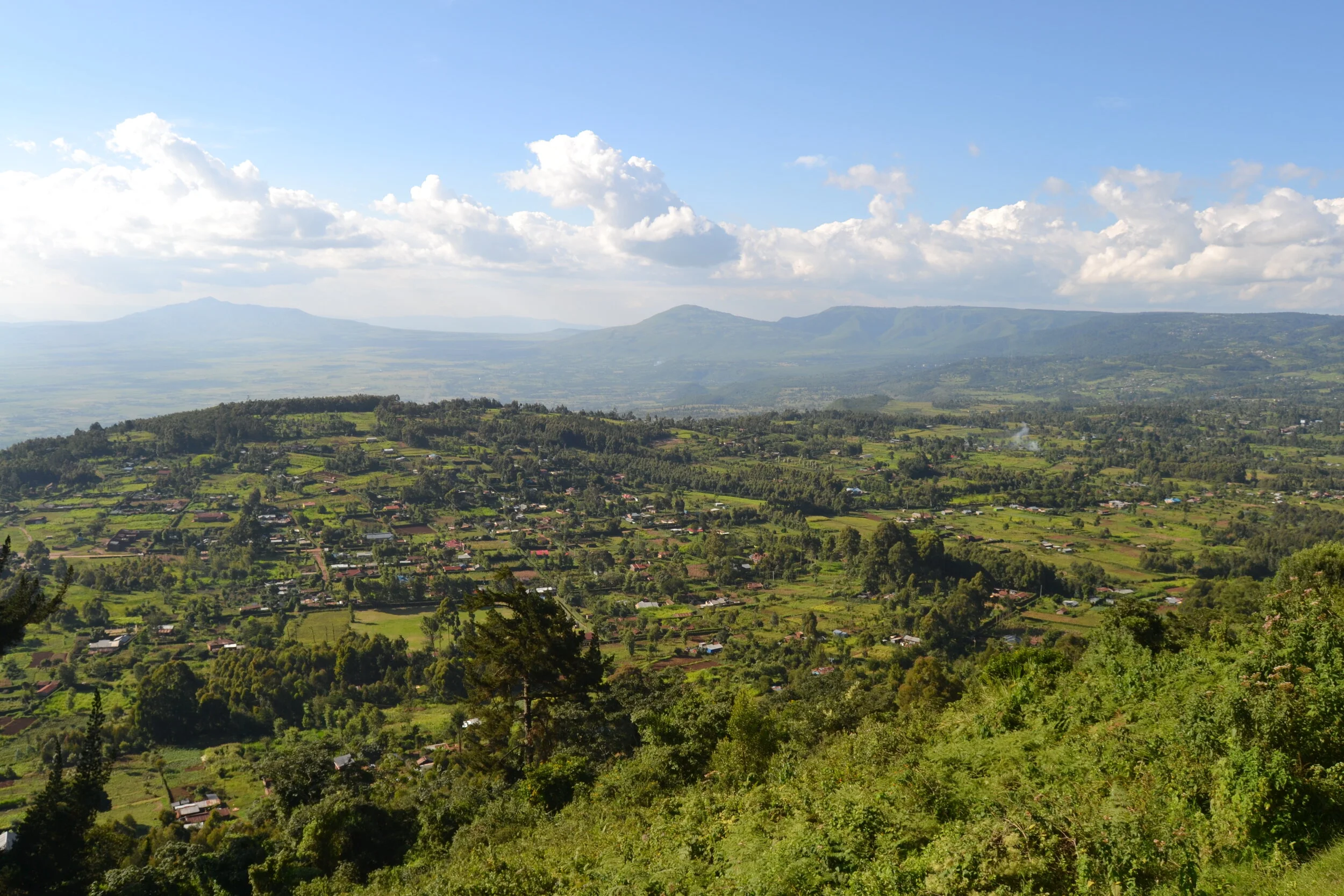10 Things to Know for the Comoros
In this day and age of overtourism, the Comoros is a very unique country in the fact that it is one of the least-visited countries in the world. According to statistics, it typically receives less than 50,000 visitors per year for tourism. As a result of its lack of visitors, this is a wonderful place to visit for the intrepid and adventurous traveler who is looking for a place that is not suffering from huge numbers of tourists.
I had the opportunity to visit the Comoros in early 2020, and while my trip was amazing and unforgettable, I cannot say it was the easiest place to get around. However, I have a feeling that in the future, this place will change as it gets more exposure.
The Old Friday Mosque in Moroni
Here are 10 things that visitors should be aware of when they visit the Comoros!
1) Easy Visa Process
The Comoros has a pretty easy visa process, and the nice thing is that it seemingly gives a visa to all nationalities with no restrictions.
Here is important information in order to get a visa for the Comoros from my experience:
- The cost of the visa is 30 euros or $50.
- Make sure to have crisp bills with no wrinkles or defects.
- When your turn comes, just give the money to the immigration officer.
- Bring paper copies of the following documents:
- Hotel reservation
- Inbound flight
- Outbound flight
Electronic versions of these documents do not seem to be accepted. Another visitor next to me tried showing electronic versions on his phone, and the immigration authorities were not accepting it.
Once you’ve paid the fee of 30 euros or $50 and supplied the necessary paper documents, the immigration officer will make a scan, and put the visa in the passport and give it back.
You have then been admitted to the Comoros!
Dragon’s Way in the Comoros
2) Few People Speak English
English is not commonly spoken in the Comoros. Instead, the typical language is either French, Comorian, or Arabic. For a visitor who speaks French, this should cause few problems, and even Arabic speakers might not have too much difficulty. However, if you do not speak French or Arabic, be aware that you might have some challenges although this will probably change as time goes on and more people visit.
When I visited, only one of the employees at the hotel spoke decent English, and the rest all spoke very broken English, so I had to use my very limited French and gestures in order to communicate.
3) Cash is King
The Comoros is a cash-based economy. Credit cards are not typically used, so expect to pay for most items in cash. Even though cash is most often accepted in daily life, some hotels will accept major credit cards, but be aware there is a 3% fee to use it. I found this out when paying for my hotel room.
A view of the Comorian coastline
4) Bring Euros
Since credit cards are not typically accepted here, you will need to pay for many items in cash. From my experience, I found that businesses are willing to accept euros or the local currency, the Comorian franc.
A word of warning: if you choose to get Comorian francs, please be aware that there are no currency exchanges at the airport (I didn’t see anything) and very few exchanges in Moroni from what I could tell. When I needed to exchange money, I was taken to a place that did not even advertise the service.
When you leave, be sure to change the francs back to either dollars or euros or only change a little bit and make sure to spend it before you leave. It will be next to impossible to exchange outside the Comoros (I know from experience).
5) The Comoros is a Developing Country
Even though the Comoros is a tropical paradise, it is a developing country in every sense of the word. Even though there is a lot of history and culture here, the government does not seem to have the money to renovate. As a result, many of the buildings are in a rather neglected and dilapidated state.
Homes in Moroni
6) Lack of Basic Infrastructure
As stated earlier, the Comoros is a developing country, so a visitor should not expect a highly-advanced tourist infrastructure. It is extremely limited, and a visitor should be prepared to expect this. From what I could tell during my visit, hotels choices were also quite limited, and tourist facilities were very limited or non-existent in many places.
This lack of infrastructure not only goes for tourist facilities but also just the general state of the island. Many buildings throughout the island are either shacks held together with sheet metal or are old buildings that are neglected and decaying. There are also a large number of buildings that were under construction, and then construction just seemingly stopped.
7) Basic comfort
This goes along with the fact that this is a developing country. As stated before, there are a limited number of hotels in the Comoros, and from what I can tell, a visitor should expect some basic comforts but nothing luxurious.
For instance, I stayed in a hotel right in the heart of Moroni. While my room did have air conditioning and a fan, hot water was only available at certain times of the day. In addition, sometimes power went out, so it shut down the air conditioning and fan. Also, there was no WiFi in the room except in the lobby. This was not terribly difficult to deal with, but a visitor should be prepared to expect something like this.
8) Trash Everywhere
The saddest thing that a visitor to the Comoros will notice is the HUGE amount of trash everywhere that litters and covers many parts of the coast. There are literally piles of trash everywhere, and it is seemingly spread everywhere. There were relatively few places where trash is not present. This can be definitely be seen as a deterrent for many visitors.
Despite the fact this place is a tropical paradise and has so much tourism potential, it is going to need to deal with the massive garbage problem if it wants to receive more visitors and compete with their neighbors.
9) Dress Modestly
The Comoros is a majority-Muslim country, so the standard rules for modesty apply here, such as not wearing anything too revealing for females and not drinking alcohol in public or being openly drunk.
It should also be noted that since this is a Muslim-majority country, alcohol is not widely available here, and there are only a small number of places that are licensed to sell alcohol. If you drink, this is important to keep in mind.
The Grand Mosque in Moroni, Comoros
10) Avoid Rainy Season
The rainy season in the Comoros is from December to April. I went in January and experienced not only extremely hot and humid weather but significant downpours and mostly cloudy weather. However, even though there was a lot of rain, I noticed that it would usually rain very heavily for maybe an hour or so and then stop, but the rain would be intermittent. From the time I spent there, the weather in January was not terrible, but it was definitely cloudy for a good portion of the trip with periods of very heavy rain.
I cannot speak for the weather in other seasons, but from what I’ve heard, the cooler temperatures are found from May to November, so this might be a better time to visit.
Have you been to the Comoros? What did you think of it?




